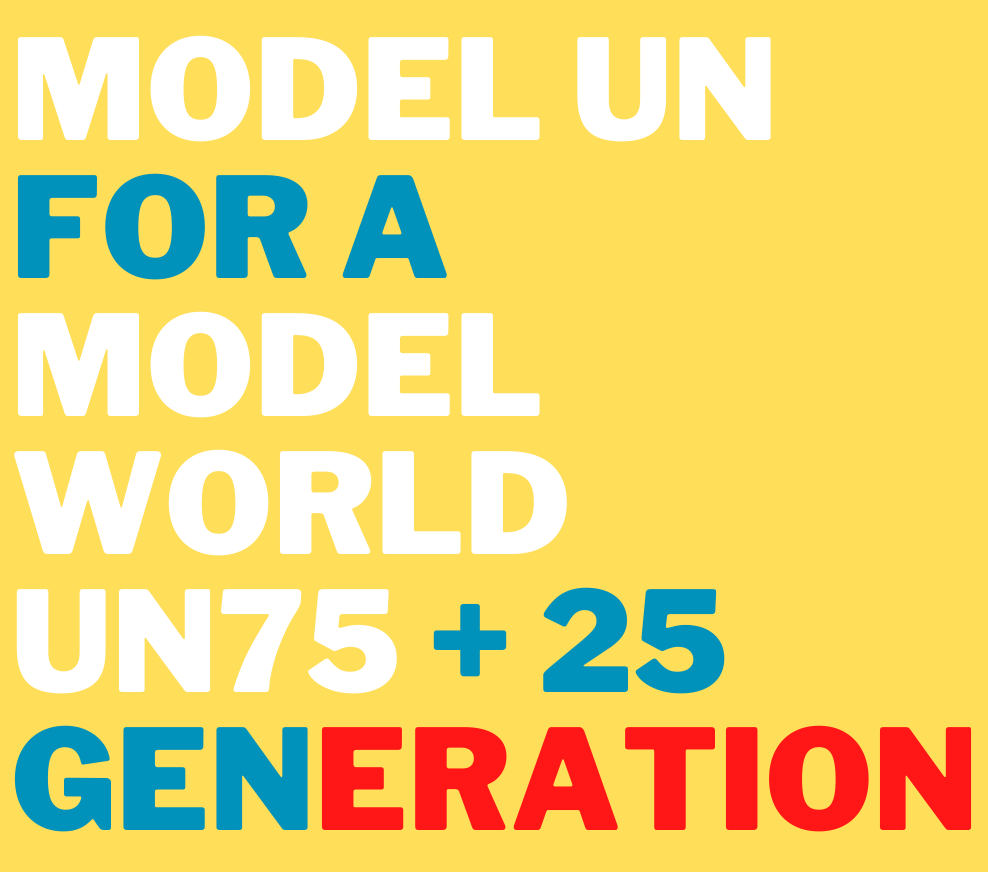Covid-19, along with its death toll of over 900K worldwide, stunted third-world countries further on the road to development and also exposed fatal, fundamental weaknesses in the infrastructure of governments and the UN, such as lack of engagement of youth.
While the UN has been agile in projecting reports and schemes to overcome the crisis and extending financial support to economies in need, it failed to acknowledge and incorporate youth’s role and input in tackling the pandemic.
It is ironic how youth under the age of 30 constitutes nearly half of the world’s population, yet the global average age of a parliamentarian is 53. This effectively highlights how the youth is nowhere a central part in political decision making.
To attain a general understanding of youth’s revolutionary influence and optimism, and its potential intellect that the world could benefit from, one doesn’t need to look far. Alongside highlighted figures like Malala Yousufzai and Greta Thunberg, there are millions of local youths, think tanks, academies, organizations and universities with their leadership qualities exhibited while unapologetically expelling stereotypes and talking about racism, institutionalized toxic patriarchy and challenging norms. This is the human resource that requires polishing, which the world requires for fresh perspectives. One could, therefore, confidently state that youth can bring change and rectify situations where governments and institutions fail to.
Another significant impact of the pandemic was the inevitable acceleration towards digitalization. Technology with its revolutionary and radically transformative advantages could promise a quicker, more efficient response to the crisis. Youth is at the heart of this technological movement, as the most active online users and twice more networked worldwide, having attained a platform to voice its opinions. Hence, technology is youth’s greatest weapon.
To fulfil the UN’s core aims of peace and stability, equality and development for a future we actually deserve, it is vital to engage the technology-literate youth, aware of the world order and its affairs, thus making young people co-founders of a future they determine for themselves. We need the UN to employ its resources for development of a well-versed, productive and aware youth. We need the UN to provide educational opportunities to deprived communities, as development and empowerment isn’t possible amidst hunger, malnutrition and illiteracy.
With the lessons learned from the pandemic, and determined efforts with the youth to bring about a future it actually deserves, the UN can not only rebuild what Corona has left in its wake, but grow to be stronger than ever before.



